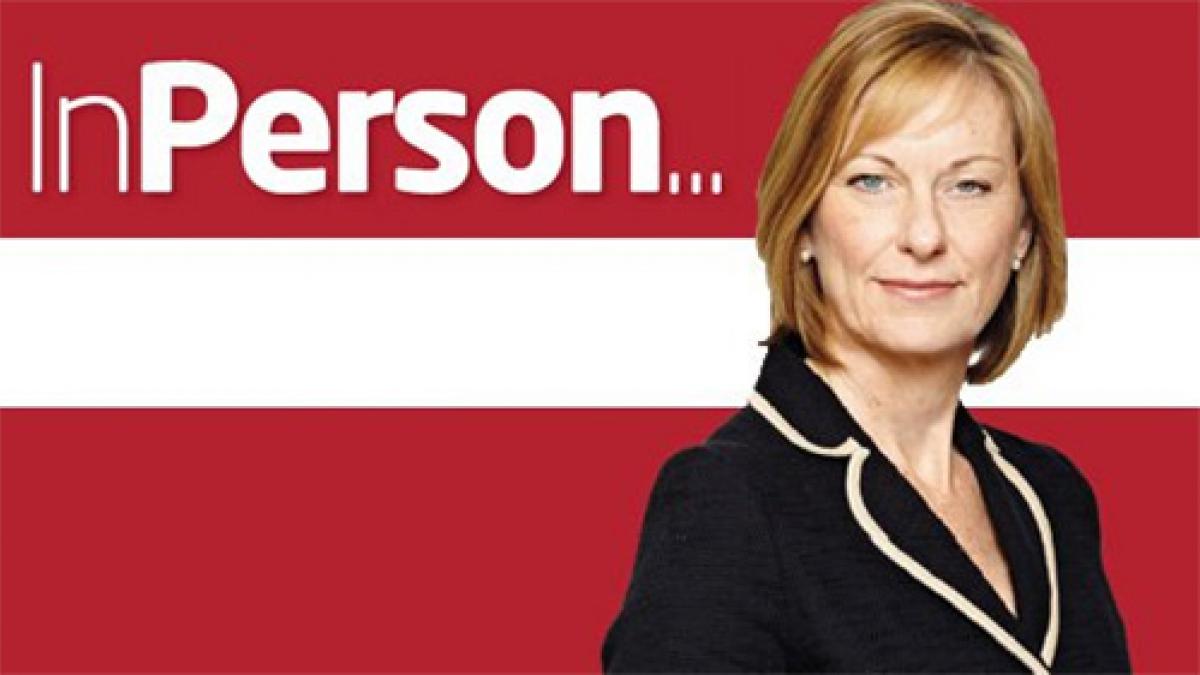The NHS cuts aren’t just going to bite over the winter, says CSP’s chief exec Karen Middleton.

In my last column, I talked about the undoubted challenges for the healthcare system – and my optimism that our profession can rise to these challenges. I wrote the piece ahead of the furore just after Christmas about the ‘humanitarian crisis’ hitting the NHS.
Many of you will have read my recent article for the Huffington Post in response to the very real situation that has been escalating and is far from ‘just a winter crisis’.
At the root of all this, we have a funding issue: one that the CSP will continue to give voice to. We will do that on a UK basis because, while most of the news coverage was about the situation in England, this is a UK-wide problem. With increasing demand on the NHS unmatched by an increase in funding and a significant cut in cash from government for local authorities to invest in social care, it doesn’t take a mathematician to work out the likely result.
Of course the push back is for NHS staff to use the funding in the system more efficiently. This clearly must be part of one’s professional duty and I see examples of physiotherapists doing exactly this as I travel up and down the country.
And we must not be complacent in this. Seeking efficiency must be a constant endeavour in the same way that ensuring our practice improves as new evidence comes to light.
The pressure point that reaches the headlines is A&E. This part of the system is a barometer for what is happening elsewhere. It reflects, for instance, the capacity and capability for community services and primary care to prevent a crisis and enable people to manage their own condition. It is an indicator of whether there is sufficient in-patient rehabilitation in the acute setting to maximise recovery. It also shows the availability of intermediate care to provide that essential step-down service to ensure people are being seen in the environment that best meets their needs.
The circle is, of course, completed by adequate community rehabilitation to enable people to maximise their independence and reduce their dependence on the healthcare system.
Physiotherapy plays a critical part in all of these stages. I am sure you will recognise your own service in this cycle somewhere. So it is essential we demonstrate the difference that our contribution can make in terms of clinical and functional outcomes and cost-benefit. And data translated into information is vital to this.
The other factor is leadership. Without this, the ability to influence is compromised.
So I was delighted to hear last month about the first cohort of physiotherapists on the CSP Leadership Development Programme. Our programme development partners in this collaboration, Connect Oxford, have described to me how utterly impressed they have been by the talent and leadership potential they have seen.
The programme looks to maximise this potential.
I look back on my own career and am grateful to three or four key leaders and managers who gave me chances, let me experiment and who offered feedback and guidance. I have yet to meet a successful leader who cannot name such individuals in their journey. It is incumbent on us all to do the same for those coming through the profession.
But for every one of us, whatever our role, grade, or aspirations, it is key to remain inquisitive, to ask why we do things the way we do, whether a practice is evidence based, patient-focused and offers good value for money in a difficult financial situation.
No one has a fresher pair of eyes than a student on placement or a new graduate entering the workplace. My advice is to listen and learn from them, as they too will from you.
Contact Karen via email: enquiries@csp.org.uk
Author
Karen Middleton Chief Executive Officer CSP
Number of subscribers: 2
